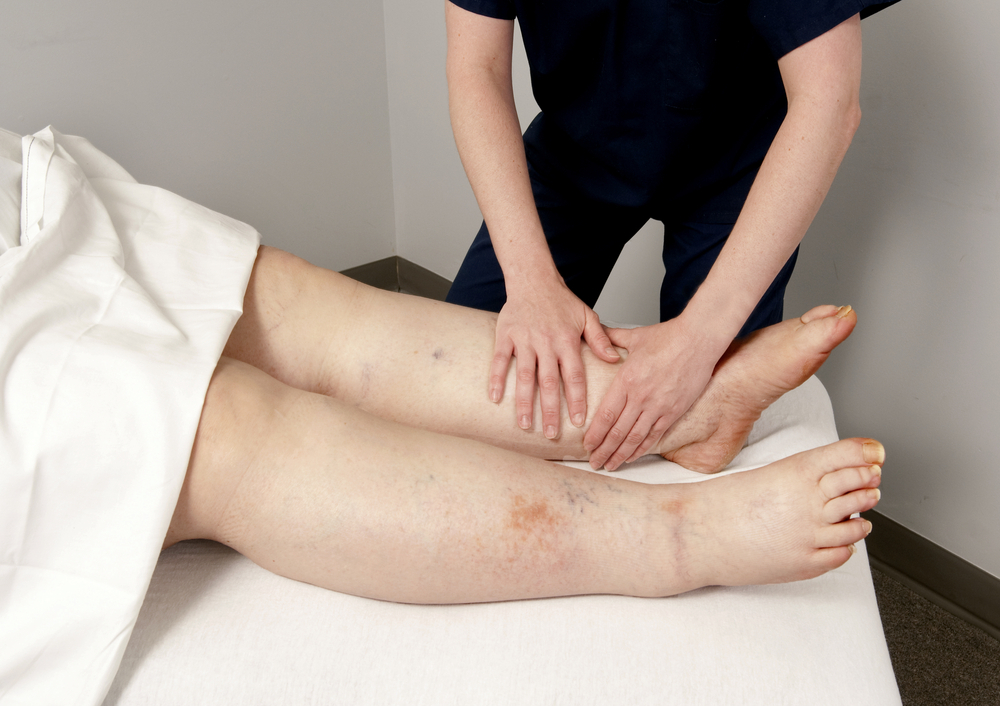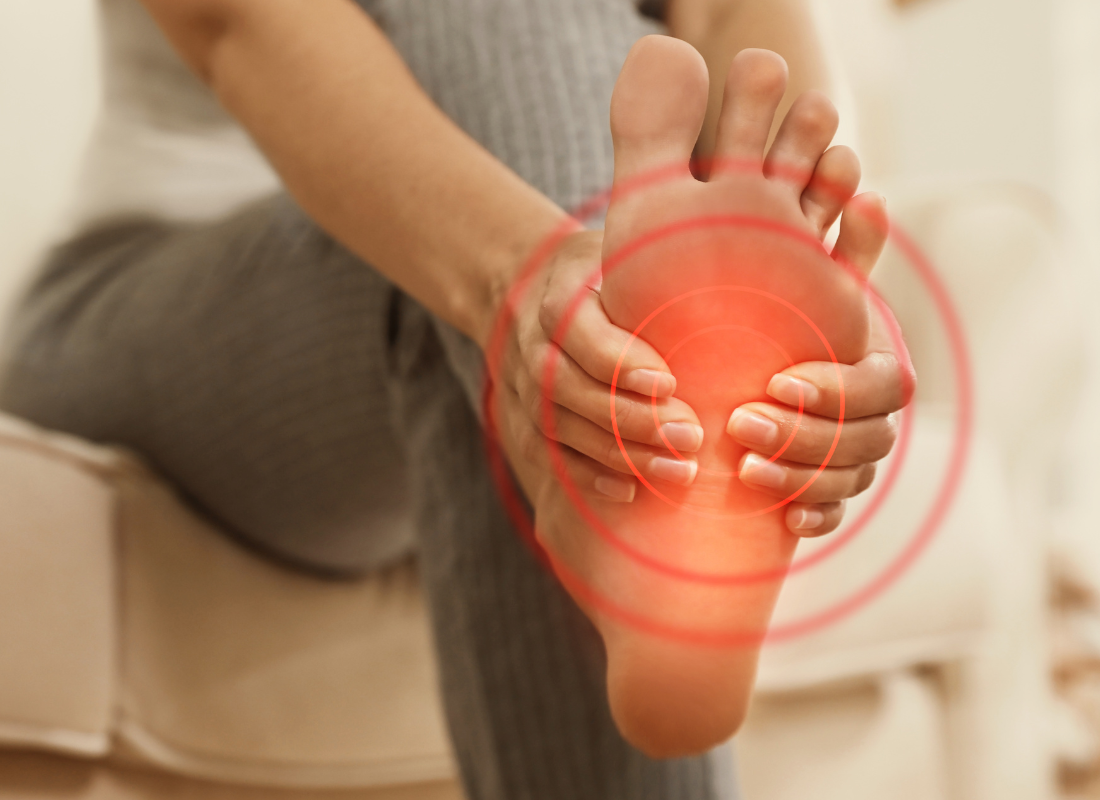When to Seek Medical Help for Leg Swelling: Important Indicators
Leg swelling can be a common occurrence, often caused by prolonged sitting or standing. However, in some cases, it can be a sign of an underlying medical condition that requires prompt attention. Knowing when to seek help from the leg swelling doctor in Coimbatore is crucial to prevent further complications. In this article, we will discuss important indicators that should prompt you to consult a leg swelling specialist.
 |
| Leg Swelling Treatment in Coimbatore |
The Importance of Recognizing Leg Swelling
Leg swelling, also known as edema, can be a symptom of various health issues, ranging from mild to severe. While mild swelling can be managed with self-care measures, it is essential to identify when medical intervention is necessary. Ignoring significant indicators can lead to worsening conditions and potential long-term consequences.
Sudden and Severe Leg Swelling
If you experience sudden and severe leg swelling without a known cause, it is imperative to seek medical attention promptly. This type of swelling may be a sign of deep vein thrombosis (DVT), which refers to the formation of a blood clot in a deep vein. If the clot dislodges & travels to the lungs, it causes a pulmonary embolism. Hence, immediate medical evaluation is vital to prevent such complications.
1. Swelling Accompanied by Pain and Warmth
When leg swelling is accompanied by pain and warmth, it may indicate an infection or inflammation. Cellulitis, a bacterial skin infection, can cause these symptoms and requires medical treatment with antibiotics. Similarly, inflammatory conditions such as arthritis or gout can cause swelling, pain, and warmth in the affected leg. Consulting for swollen legs treatment will determine the underlying cause and appropriate treatment options.
2. Swelling Associated with Redness and Skin Changes
If you notice redness, discoloration, or changes in the skin texture of the swollen leg, medical attention is necessary. These symptoms may suggest venous insufficiency or peripheral artery disease (PAD). Venous insufficiency occurs when the veins in the legs have difficulty returning blood to the heart, leading to swelling and skin changes. PAD, on the other hand, refers to the narrowing of arteries that supply blood to the legs, resulting in reduced blood flow and subsequent leg swelling. Both conditions require medical evaluation and management.
3. Breathing Difficulties and Swollen Legs
Leg swelling accompanied by breathing difficulties, especially when lying down, can be a sign of heart failure. Heart failure occurs when the heart cannot pump blood effectively, leading to fluid retention and leg swelling. If you experience these symptoms, seeking immediate treatment for swollen feet in Coimbatore is crucial to prevent further complications and manage the underlying cardiac condition.
4. Gradual and Persistent Leg Swelling
Gradual and persistent leg swelling that worsens over time should not be ignored. This type of swelling may indicate a chronic condition such as kidney disease or liver disease. These medical conditions can disrupt the body's fluid balance and result in leg swelling.
Closing thoughts:
In conclusion, recognizing the important indicators for seeking medical help when experiencing leg swelling is essential. Sudden and severe swelling, swelling with pain and warmth, swelling accompanied by redness and skin changes, breathing difficulties, and gradual and persistent leg swelling are all signs that warrant immediate leg edema treatment. Remember, timely intervention can prevent complications and ensure proper management of any underlying health issues.


.png)
Comments
Post a Comment